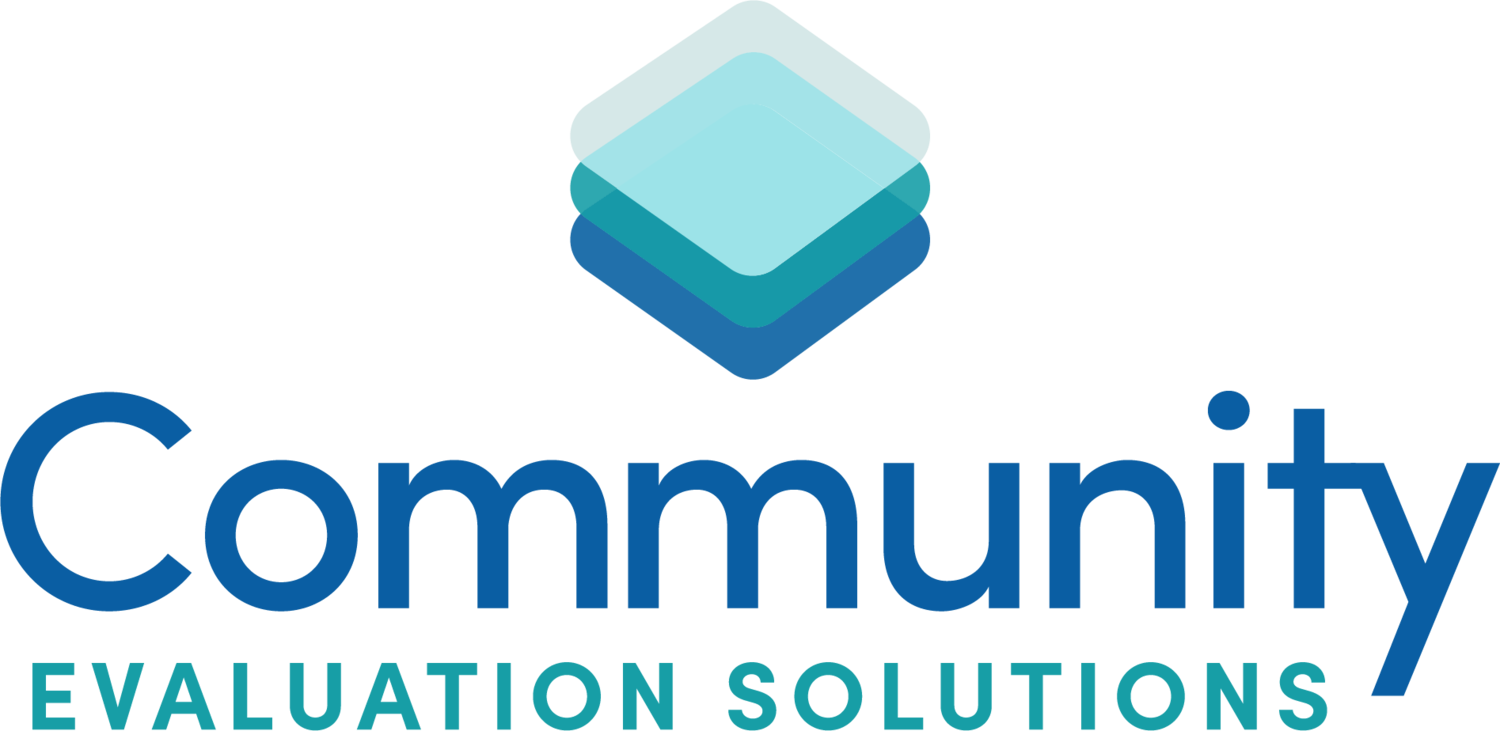Don’t Change that Channel: Handling Conflict In Your Coalition
pexels-keira-burton-6147120
I know I am about to date myself here, but when I was a kid, there was no such thing as a TV remote control. We had a big (and I mean BIG) TV that had a tuner – a knob that you turned if you wanted to turn the channel. All three of them 😊.
My Dad or Mom would scream at us as we turned the tuner back and forth, “You’re going to strip the tuner!”
Which is exactly what would happen.
Then we’d have to resort to using a wrench attached to the screw behind the tuner for a time until our parents finally had the money to call the TV repairman to come to the house to fix the TV. Yep, the TV repairman came to your house, and believe me, he had to come to our house a lot! Me and my siblings would fight constantly about changing the channel!
Conflict is part of being human. Learning how to manage it effectively is crucial for maintaining healthy relationships. Relationships between siblings, couples, friends, colleagues, or members of coalitions and nonprofit boards will all experience conflict.
Working through conflict is a skill you can build. Recently I finished reading Designing & Leading Life-Changing Workshops: Creating the Conditions for Transformation in Your Groups, Trainings, and Retreats.
I love the book and find it a good complement to the work I have been doing over the last year. It aligns well with my training and certification in Technology of Participation’s fundamentals of facilitation and strategic planning.
I wanted to share one of the authors’ tips when conflict arises. This conscious dialogue process has helped me when I’ve experienced difficult conversations. The process may help you find some mutually agreeable solutions and may even help strengthen your relationships.
The steps are observation, feeling, need, request, and thank you.
The first step is to state what you have observed. Describe the situation as you see it. Focus on the specific actions or behaviors that are causing the conflict.
Then, share how the situation is making you feel. Use "I" statements and avoid blaming or accusing the other person. Instead, focus on sharing your personal experience.
Next, reflect on what is truly important to you in this situation. Understanding your needs and communicating them clearly will lead to possible solutions. Once you understand your needs, share your underlying needs that are not being met.
Lastly, make a specific request to address your needs and move towards resolution. Clearly articulate what you would like the other person to do or change.
Using this conscious dialogue process with someone with whom you are having a conflict might look like:
Observation: “John, I’ve notices that you seem angry with me.” Would you help me understand what is going on?
Feeling: I feel upset and worried about what is going on between us.
Need: I need to get clarity so that I am not feeling so upset and we can move on.
Request: I’d like to request that when we disagree, we talk about it rather than letting things fester.
Thank you: Thank you for being willing to listen to me.
If someone in your community coalition or your nonprofit board is angry or causing a lot of conflict, you might use this conscious dialogue to ask questions to help you understand the situation.
Observation: “Jane, it seems you are irritated during our coalition meetings. Is something bothering you?”
Feeling: “How does this make you feel?”
Need: “What do you need right now?”
Request: “How can the group or I help you?”
Thank you: “Thank you for helping me understand.”
Conflict resolution is a skill that can be developed with practice and patience. You might consider practicing it yourself and then teaching it to your community group.
I still don’t enjoy conflict, but this kind of structure helps me express my feelings and stay calm. I sometimes write out what I want to say and practice it a few times. Before I speak, I spend a few quiet moments and do some breath work. Maybe this all sounds a little “squishy” to you, but I have found this process to be helpful. Rather than being resentful or resorting to complaining about someone, I find my relationships better for it.
Try it out and let me know how it goes.

